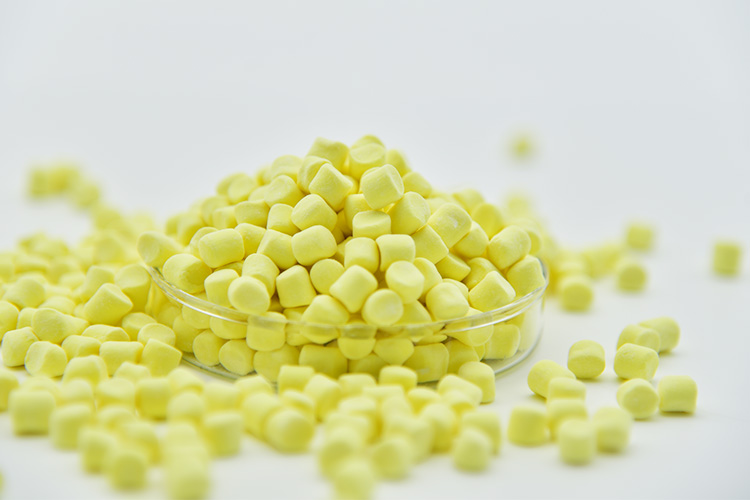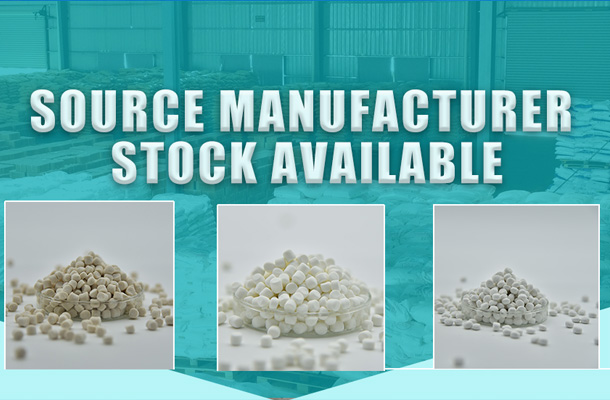A rubber accelerator is a type of chemical additive that is crucial in the process of manufacturing rubber products. Its primary function is to speed up the process of vulcanization, which is the cross-linking of rubber polymer chains through a chemical reaction with sulfur or other vulcanizing agents. This cross-linking makes the rubber stronger, more durable, and resistant to heat and mechanical stress.
In detail:Rubber accelerators facilitate the formation of these cross-links by lowering the activation energy required for the vulcanization reaction to occur. By doing so, they permit the process to happen at lower temperatures or within shorter time frames, thereby increasing productivity and efficiency in rubber manufacturing. They can also influence the final properties of the vulcanized rubber, such as its hardness, tensile strength, and elasticity.
These additives are selectively chosen based on factors like the type of rubber being vulcanized, the desired speed of the curing process, and the specific performance requirements of the end product. The selection and use of the appropriate accelerator are essential to achieve optimal processing characteristics and the desired physical properties in the final rubber product.
Rubber accelerators are classified into several categories, including thiazoles, thiurams, sulfenamides, guanidines, dithiocarbamates, aldehyde-amines, xanthates, and thioureas, each with its specific advantages, compatibility with different rubbers, and effects on the vulcanization process.








